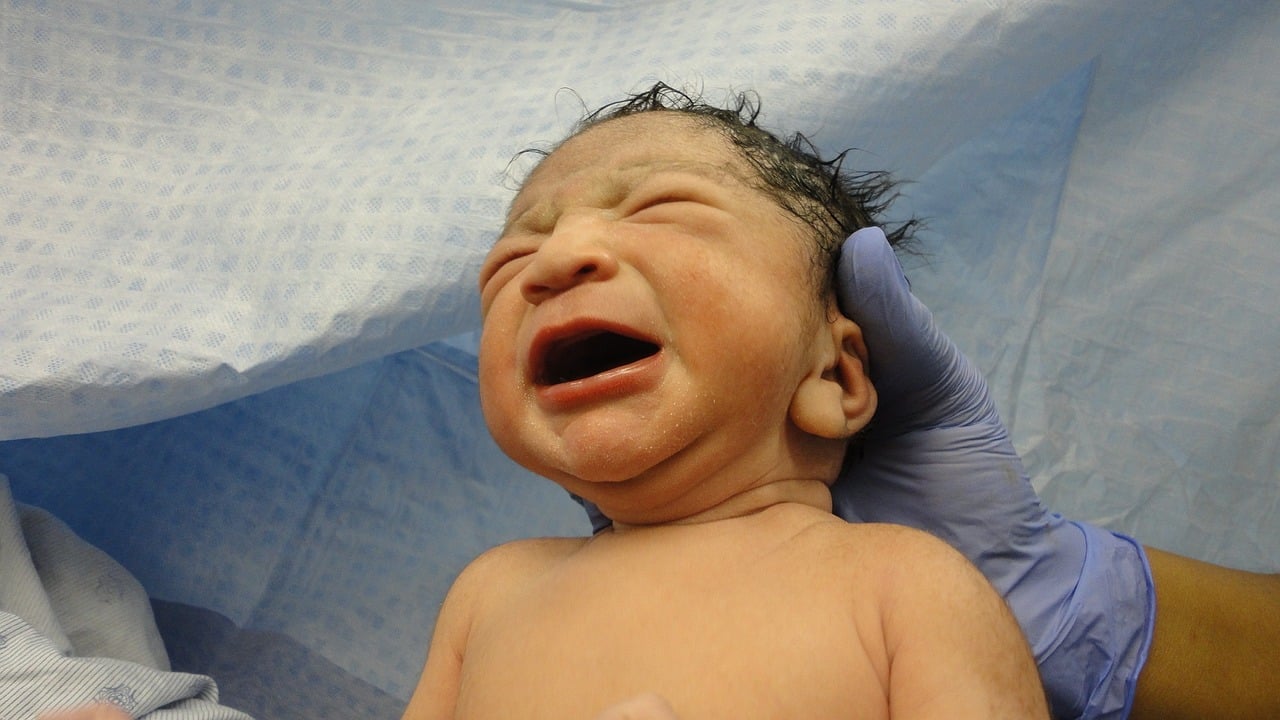
Motherhood is the mother condition, whether biological or adoptive.
Motherhood is the condition of mother : the woman who conceived and gave birth to one or more children or who exercises a caring role with affection and responsibility similar to that usually performed by mothers. It is a concept that comes from the Latin word maternitas , in turn derived from maternus .
biological motherhood
For biology , motherhood occurs when a female person has offspring . The natural process requires a sexual relationship between a man and a woman so that the fertilization of the egg by a sperm occurs, so that the embryo can grow in the mother's womb to become a fetus and finally the birth of the new individual already developed.
Biological motherhood is experienced by females of many species, including many of the animals that are related to humans, such as dogs and cats. There are women who have different difficulties getting pregnant , and this can cause them deep emotional suffering. However, there are also various treatments, in addition to the possibility of adoption.
In a cultural sense
Culturally, a woman who raises, protects and provides love to a child, such as a biological mother, can be considered a mother. This relationship between the woman and the child can be established legally when the adoption is formalized, thus establishing the mother-child bond.
The bond between a mother and her adopted child is a special and meaningful relationship. Just as in the case of a biological relationship, an unconditional love emerges that lasts a lifetime. This does not mean that there are not challenges along the way, such as the possibility that the child decides to look for his natural parents, but the bond that is formed over the years is unbreakable.
Hospital
The hospital specialized in caring for parturients is also called a maternity hospital. Also known as hospitale materno or maternity center, it is an institution specialized in the care of pregnant women and during childbirth. These hospitals are dedicated exclusively to providing comprehensive care during pregnancy, childbirth and postpartum.
Let's look at some of the characteristics and functions of these hospitals:
- prenatal care : provide medical care and follow-up during pregnancy, including medical examinations, diagnostic tests, advice on nutrition and healthy habits, and monitoring of fetal development;
- Childbirth and obstetric care : One of their main roles is to provide assistance during childbirth. They have specialized personnel in obstetrics and gynecology to attend to the birth process and guarantee the safety of the mother and baby;
- neonatal services : after birth, maternity hospitals offer neonatal care to ensure the well-being of the newborn. This includes medical care, growth and development monitoring, and breastfeeding counseling;
- Postpartum : They also provide medical care to mothers after childbirth to ensure proper recovery and provide support on issues such as breastfeeding, baby care, and postpartum health;
- prenatal and postnatal education : educational classes and programs to prepare mothers and their partners for pregnancy, childbirth, and baby care;
- obstetric surgery : some maternity hospitals have facilities and trained personnel to perform obstetric surgeries, such as cesarean sections, if necessary.

A hospital dedicated to mothers and their children is also called maternity.
It is important to highlight that maternity hospitals must meet safety standards and have medical professionals trained in obstetric care and neonatal care. These institutions play a critical role in protecting the health of mother and baby during pregnancy , childbirth and the postpartum period, and are places where women can receive specialized and dedicated care during this crucial stage of their lives.
